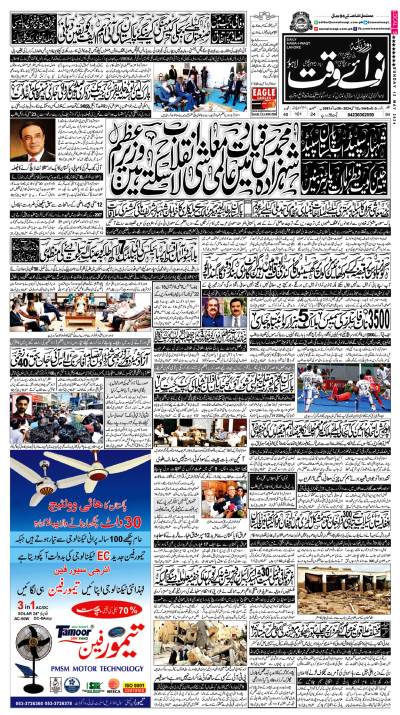Imagine a hypothetical situation. A cricket game is about to be played in a street. An un-enthusiastic umpire throws up the coin, only for it to roll over the dress of a bystander, jump onto the foot of another, and then fall flat on to the ground. One side had called heads, and heads it turned out to be.
Would you call it a fair toss? Or would you allow for the toss to be done a second time?
And how would you justify the inequity done to the first party if the toss turns out to be in favour of the other team, the second time?
This was the kind of dilemma faced by the Judicial Commission, and the election tribunal severally.
Irregularities were done. There was not an iota of doubt about that. But on whose behest – if at all, was this misconduct done, is a matter of contention.
Is irregularity analogous to institutionalised rigging, or in fact, rigging at all? The Judicial Commission does not believe so.
Similar questions were peddled by both the commission and the tribunal, but the two came to the opposite conclusions. Neither the commission, nor the tribunal blamed the government explicitly, but while one endorsed the legitimacy of the government, the other threw a sitting minister and the speaker out of the assembly.
The good thing is that the constitutional debate, and the legal uncertainty involving the subject, became a matter of public debate. The people could only have turned wiser. They did not.
Little was said about the non-culpability of the government. The lawyers of PTI have failed to establish a direct connection between the winners and the irregularities in both forums. But people read what they wanted to from each decision, and up went the sloganeering.
The downside of the tribunal’s decision is that it is not legally well-grounded. The punishment of the crimes of a third party cannot be levied upon an innocent beneficiary. And if the beneficiary (the government in this case), was not so innocent, the PTI failed to establish that – except in the case of Siddique Baloch (with regards to his degree).
The law of the country is weaved around the principle of innocent until proven guilty, and no amount of public damning could change that. Unlike the investigative agencies, the court does not consider the major beneficiary as the primary perpetrator.
Even in civil transactions, an innocent buyer of a fraudulently procured item is considered the ‘court’s darling’ – such that he is given the most relaxation.
In cricketing terms, it is tantamount to ‘benefit of the doubt goes to the batsman’. And that is what it was, not a clean bowled as our media howls, but a possible snick not quite evident from the snick-o-meter.
As such, the Supreme Court would be acutely aware of a dangerous precedent being set, and thus chances of the decision by election tribunal being overturned are highly likely. The PTI could perhaps do with withholding its celebrations a little longer.
But would this elaborate and continuous charade serve any purpose at all then?
Absolutely.
Imran, as shrewd as he is, seems not to be playing for this turn, but for the times to come. He is sure to realise that what was done on 11th May, 2013 is pretty irreversible, but what could possibly be planned for mid-2018 could be prevented.
The election tribunal’s decisions – occupying more than just a few dozen pages – are filled with imposition of responsibility on the returning officers for a thousand and one irregularities.
It raises more questions than provides solutions – if the returning officers were indeed committer of such gross misconduct, how could they be punished fittingly, and why shouldn’t they be penalised for the pecuniary loss resulting from having to conduct the election ab initio?
This is precisely why the PTI’s new war seems to be against the Election Commission. It wants to set deterrence against returning officers influencing the elections in the future. And it wants to set deterrence against people choosing the shady path to end up in the assemblies.
NA-19 and NA-246 are glaring demonstrations that PTI needs to do a lot more homework before it could actually form a government, and this fact might just prod the PML N to fight the elections in these constituencies directly; shielding thereby the Supreme Court from any criticism post a pro N-league decision, and saving itself some grace in case the balance falls in the side of PTI.
But if the PTI is able to ensure free and fair elections in the country in future, which Haripur indicates we are indeed heading towards, no matter PTI's own standing thereafter, it would validate all the ‘Dharnas’, and all the resulting slumps in the Karachi Stock Exchange.






